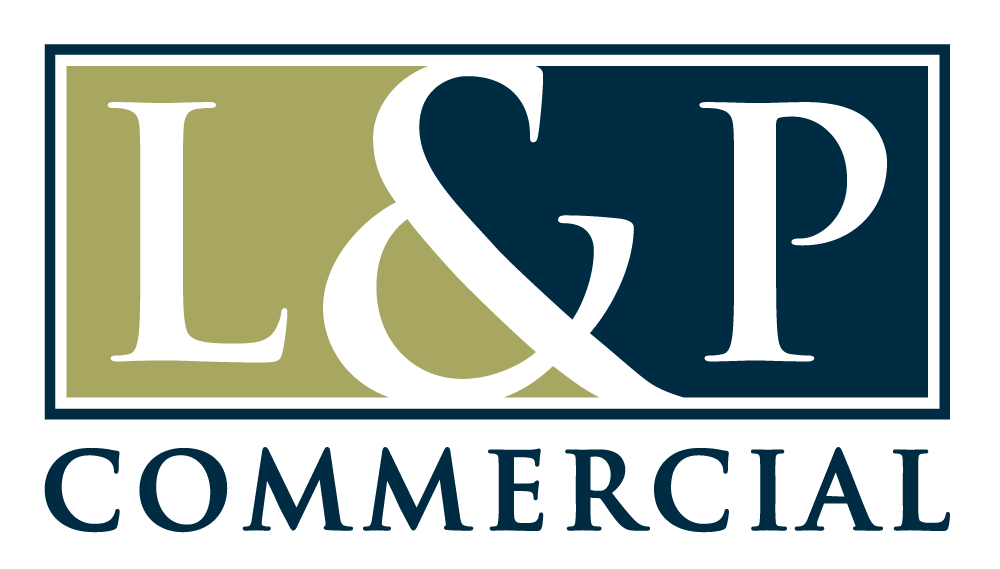CRE Terms to Know
CAP RATE
Capitalization Rate (Cap Rate) is used to evaluate the return on investment for a property and to compare different properties to make informed decisions. For example: prime locations or properties with long-term, stable tenants might have lower Cap Rates because they’re considered safer investments. Properties in less desirable locations or with higher risks might have higher Cap Rates to attract investors.
C.A.M.
CAM stands for Common Area Maintenance – referring to the costs associated with maintaining and operating common areas of a commercial property that are shared by multiple tenants. This includes places like hallways, parking lots, elevators, lobbies, landscaping, and more facilities.
TENANT CREDIT
Tenant Credit is an assessment of the tenant’s ability and willingness to pay rent on time and in full. Factors that contribute to a tenant’s creditworthiness include:
- Financial Stability
- Credit History
- Business or Personal Guarantees
- Business Viability
FULL SERVICE (FS) REAL ESTATE
Includes:
- Base Rent: amount of rent payed by the tenant for the use of the
space itself - Operating Expenses: expenses associated with the property,
including: property taxes, property insurance, utilities, etc. - CAM Costs: maintenance of common areas of the property:
hallways, lobbies, elevators, etc. - Common for Class A office buildings
MODIFIED GROSS (MG) RENTAL RATE
A lease agreement where the tenant pays a base rent plus some or all of the operating expenses associated with the property.
- Base Rent
- Operating Expenses
- Shared Expenses
SECOND-GENERATION SPACE
A property or space that has been previously occupied by one or more tenants before becoming available for lease or sale again.
Second-generation space provides options for tenants seeking existing infrastructure and potential cost savings.
TRIPLE-NET (NNN) RENTAL RATE
Also referred to as a net lease, a triple-net rental rate is a lease agreement in which the tenant is responsible for paying all operating expenses associated with the property in addition to the base rent. These operating expenses typically include property taxes, property insurance, and CAM costs.
PUNCH LIST
A punch list is a document that outlines the remaining tasks or items that need to be completed, corrected, or addressed before a project can be deemed complete and ready for occupancy. Think of it like a checklist of finishing touches that need to be resolved before the project can be handed over officially to the client or tenant.
DEBT COVERAGE RATIO
Debt Coverage Ratio (DCR) helps you determine if the building you’re interested in can pay its bills. Investors and lenders use DCR to understand how safe or risky an investment in a property might be. A higher DCR is seen as safe because it means the property is making enough money to cover its loan.
NET OPERATING INCOME (NOI)
Net Operating Income (NOI) helps assess the financial health and performance of a property’s operations, providing information for investment decision-making and property management. It is the income that comes after operating expenses, but before debt service and depreciation.
BUILDING CLASSIFICATIONS (A, B, C)
- Class A
- Considered the highest quality and most desirable properties in their market
- Typically newer or recently renovated to modern standards
- Attracts high-profile tenants and commands premium rents
- Class B
- Generally older than Class A properties and may require renovations
- Often located in secondary or suburban markets, but some maybe found in prime locations
- Class C
- Typically the oldest and least desirable properties in their market
- Often require significant renovations/repairs to meet modern standards
- These properties may attract smaller businesses or startups looking for more affordable space
- Class C buildings generally have the lowest rental rates and may be more susceptible to vacancy and tenant turnover
PURCHASE & SALE AGREEMENT (PSA)
A Purchase and Sale Agreement (PSA) is a legally binding contract between a buyer and seller outlining the terms and conditions of a property transaction. The PSA details the rights and obligations of both parties involved in the transaction.
